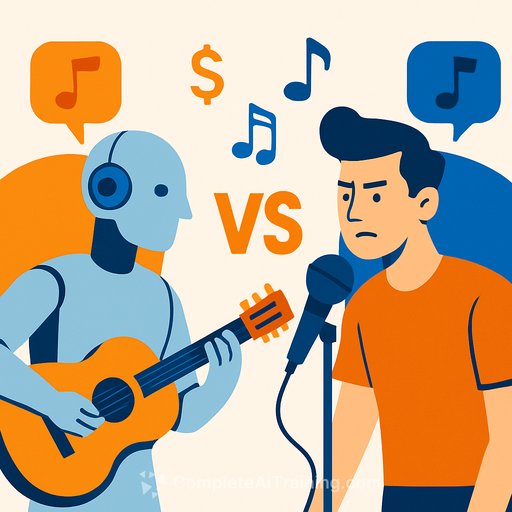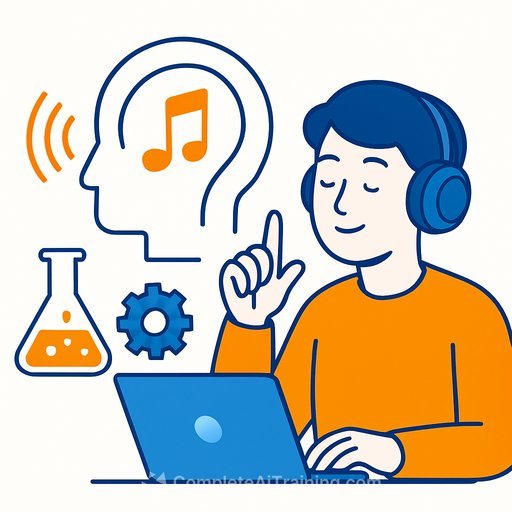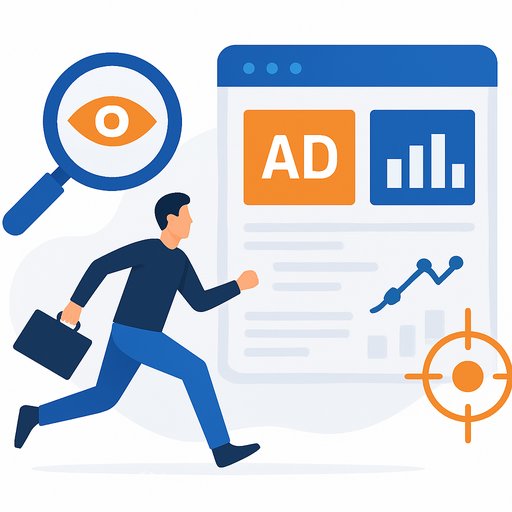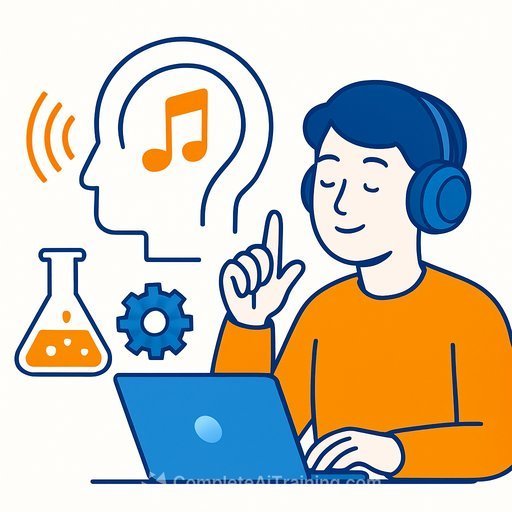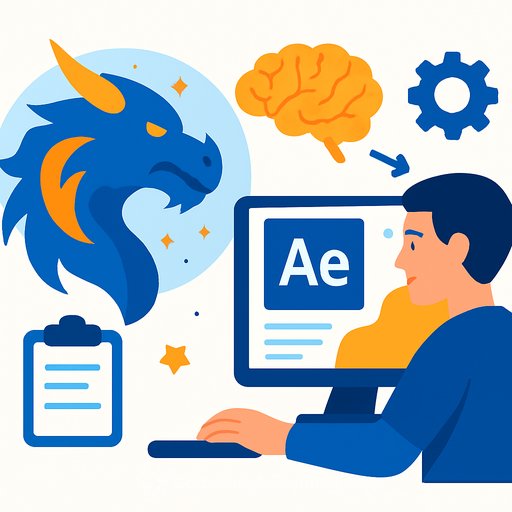Will AI Music Content Creators Start Competing with Traditional Artists?
AI music creators don’t tour, sign traditional record deals, or release physical albums. Yet, they’re carving out a growing path to income in music. The question is: will this new wave disrupt the traditional music industry?
From Layoff to AI Music Success
Nicholas Arter’s story is a prime example. After being laid off from government consulting, he focused fully on AI music creation. His brand, AI For The Culture, now boasts over 150,000 YouTube subscribers, 110,000 Instagram followers, and 250,000 monthly Spotify listeners. With paid subscriptions and various income streams, he earns thousands of dollars monthly.
Arter’s approach combines AI-generated sounds with his own lyrics and production edits, showing the blend of human creativity and AI tools.
The New Path for Music Creators
Unlike traditional musicians, most AI music creators don’t tour or sign with labels. Instead, they operate like content creators, monetizing through social media funds, YouTube views, and platforms like Patreon. Their music streams on Spotify and other services, competing directly for royalties with human artists.
Initially, AI music was often a joke or parody. By late 2022, AI voice models allowed for celebrity voice swaps in popular songs. A notable moment came in May 2023 when Ghostwriter anonymously released “Heart On My Sleeve,” featuring deepfaked voices of Drake and The Weeknd. This blurred the lines between AI use and human creativity, sparking debate.
Advancements and Legal Challenges
In December 2023, AI music platforms like Suno and Udio emerged, enabling nearly human-quality songs with just a click. However, major music companies have sued these platforms, accusing them of copyright infringement for using copyrighted recordings without permission or compensation.
Comedy Meets AI Music
Comedians Will Hatcher (King Willonius) and Glenn Robinson (Obscurest Vinyl) entered the AI music scene to enhance their humor. Hatcher’s viral Udio-generated track “BBL Drizzy” mocked Drake during a public rap feud, while Robinson pairs AI-made songs with his self-created album artwork. Obscurest Vinyl’s top track has over 3 million Spotify streams, with merchandise sales as a significant income source.
These creators show that AI music can be more than a joke—it can attract real audiences and revenue.
AI Music Gains Mainstream Attention
- Artist JPEGMAFIA sampled an AI For The Culture song in a 2024 single.
- Brazilian AI creator Vinih Pray’s Suno-made “A Million Colors” charted on TikTok’s Viral 50.
- The AI band The Velvet Sundown surged to 1.4 million monthly Spotify listeners amid viral Reddit attention.
Streaming platforms are still figuring out policies for AI music. Services like Spotify often allow AI-generated songs to earn royalties under existing rules, provided they don’t impersonate artists or spam. This lack of clear regulation has sparked debates on AI music’s place in the market.
Creativity, Craft, and the AI Edge
Will Hatcher emphasizes that AI music requires skill. You can generate many songs, but recognizing quality takes experience. AI is a tool that empowers creativity rather than replaces it.
Arter highlights the importance of the “human element”—writing lyrics and carefully editing AI outputs. He’s mastered precise prompting to translate melodies in his head into AI-generated tunes.
However, not all AI music is created with such care. Some creators flood platforms with low-quality tracks, sometimes to fraudulently collect streaming royalties. One case involved a man indicted for using AI to produce hundreds of thousands of songs and earning over $10 million illegally.
The Stigma and Industry Hesitation
Despite growing interest, AI music creators face stigma. Timbaland’s AI entertainment venture sparked backlash when accusations arose about uncredited AI use. He clarified that human creators remain central to his projects.
Robinson has faced mixed reactions from his followers, acknowledging that some reject AI music on principle. Still, he values AI as a tool to complement his creative process, especially matching music styles to his visuals.
Traditional labels, publishers, and managers mostly avoid AI music for now, partly due to unclear copyright laws and stigma. But insiders expect change. Ethan Curtis, manager of artist JVKE, predicts labels will eventually create their own AI artists, given the cost and control advantages.
Coexistence, Not Replacement
AI music is expanding royalty pools once exclusive to human musicians. Still, creators like Hatcher don’t see it replacing human artistry. He compares AI music to fast food—popular and convenient but not a substitute for the “fine dining” experience of live, human-made music.
George Karalexis, CEO of a YouTube content strategy firm, points out that while AI can outproduce humans in volume, meaningful fan connections and live performances remain uniquely human strengths. He predicts AI and human music will evolve as separate but coexisting parts of the industry.
For creatives interested in exploring AI tools for music or other fields, building skills in AI prompt engineering and content creation can be valuable. Resources like Complete AI Training offer courses designed to develop these skills effectively.
As AI music grows, it challenges traditional ideas of creativity and artistic value. However, human creativity and connection remain key to music’s lasting appeal.
Your membership also unlocks:

